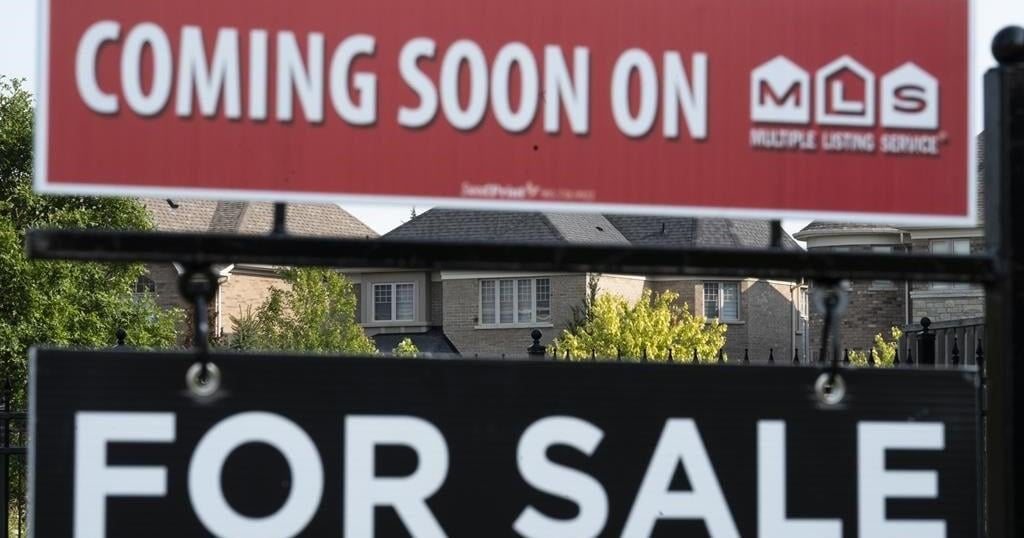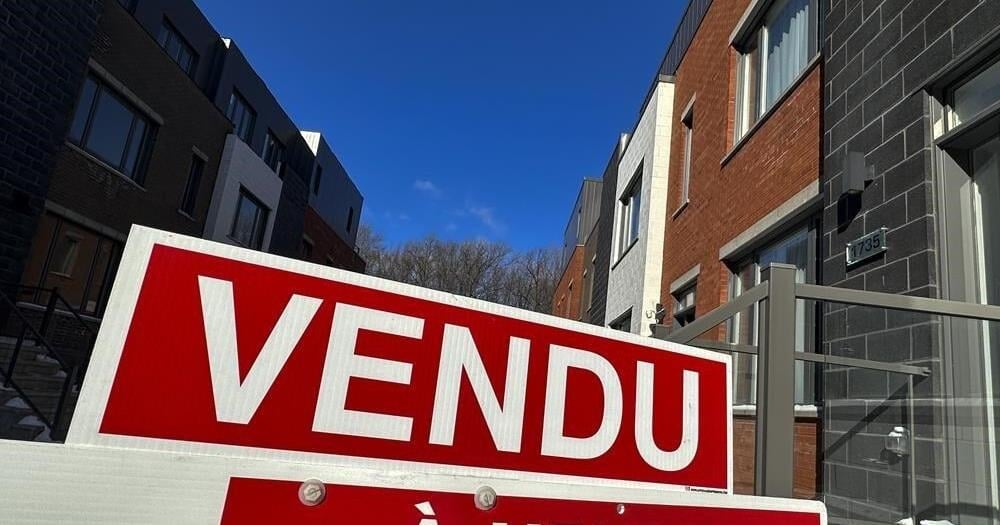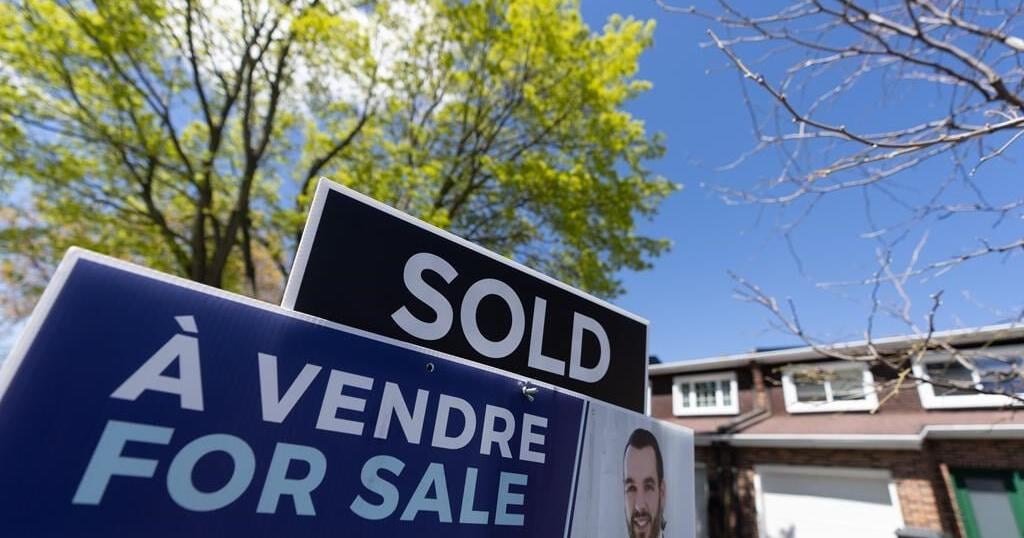In the paper, Richmond Federal Reserve Bank senior economist Borys Grochulski and vice president of research Zhu Wang argue that the U.S. model for real estate commissions is “puzzling” and an “anomaly” when compared with other systems abroad. The pair note that home sellers in the U.K., Ireland, the Netherlands, Singapore, Sweden, and Norway pay less than 2% in commission to their real estate agents on average, compared to 5.5% in the U.S, according to a 2015 study.
As for buyers, a large portion in many countries, including Australia, Canada, and Denmark, purchase properties without agent representation, while 87% of homebuyers use an agent in the U.S, according to National Association of Realtors data. That’s a huge percentage of Americans choosing to use buy-side agents considering half of all buyers find their own homes online anyway.
All of these issues with real estate agents’ current compensation model contributes to “elevated home prices, overused agent services, and prolonged home searches,” according to Wang and Grochulski. In order to correct the problem, the economists proposed a new “à la carte” model for buy-side real estate agents that could reduce buyers’ commissions by roughly $30 billion.
“The results suggest that switching to a cost-based commission model…may increase U.S. homebuyers’ welfare by more than $30 billion a year,” Wang and Grochulski write, noting that “most of the consumer welfare gains would come from the redistribution of buyer agents’ profits.”
The à la carte compensation model would require both homebuyers and sellers to pay their own agents separately—and independent of the final home price in the transaction—in order to prevent something called “steering,” where agents tend to direct their clients away from properties that have low commissions.
The model would also force homebuyers, but not sellers, to pay for each task that their agent undertakes individually, whether it’s searching for a home, helping with negotiations, or showing properties—hence the à la carte name. The economists argue that this would enable consumers to shop around for individual buyer-agent services, and even haggle for a better price. “Under such a system, competition among agents would likely align agent compensation with cost, and buyers would not overuse agent services,” they write.
The new paper from the Richmond Fed comes at a difficult moment for real estate agents. The National Association of Realtors and several national brokerage firms are facing multiple lawsuits alleging collusion to inflate real estate agent commissions. This, after a jury in Kansas City sided against NAR last fall in a similar case, leaving the organization with a $1.8 billion judgment (which it plans to appeal).
The pressure on real estate agent commissions has been so intense that it even prompted the noted short-seller Spruce Point Capital to put out a short report on Zillow, the real-estate marketplace that derives a large portion of its revenues from buyer agent commissions, warning that the company’s stock price could drop up to 60%. One of the major issues the short-seller cited was analysis that shows recent lawsuits could change the way buyer-agent commissions are handled, leading the total addressable market of commissions to drop as much as 30%.
Still, in spite of the negative impact of changing the current compensation structure for the real estate industry, Wang and Grochulski believe that a new model for commissions is necessary and their à la carte approach would likely be the best option for the economy as a whole. From eliminating agents’ incentive to “steer” clients away from low-commission homes and increasing “housing search efficiency,” to enabling buyers to use multiple agents throughout the homebuying process (putting agents’ time toward “more productive uses”), the economists lauded their model’s potential benefits. “We propose that policymakers may consider shifting to an à la carte model,” they concluded.

























